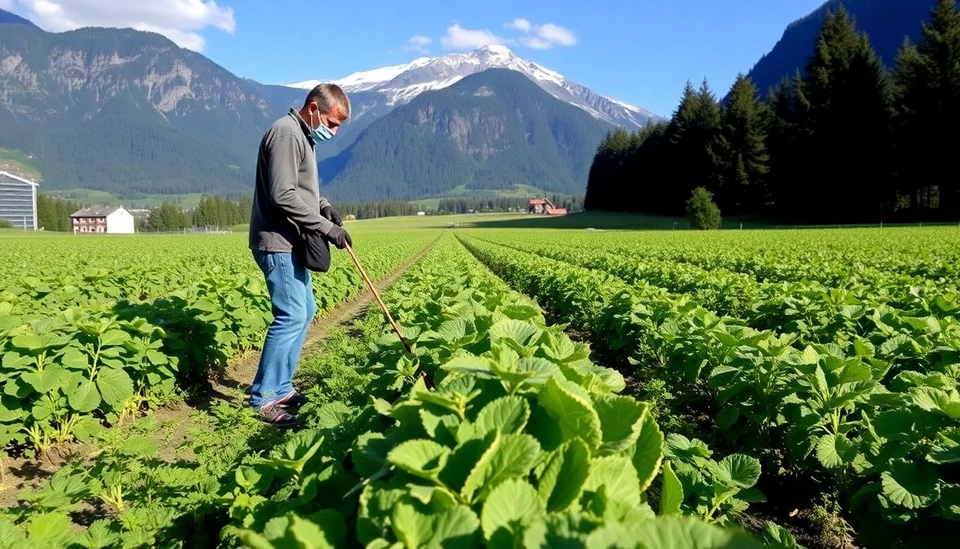
In a significant move that could reshape the agricultural landscape, Switzerland is contemplating the approval of gene editing techniques with the aim of boosting crop yields. The country’s Federal Office for Agriculture is currently evaluating regulatory adjustments to allow for the use of precise genetic modification technologies, which include methods such as CRISPR.
This initiative arises from a growing need for sustainable agricultural practices that can effectively respond to climate change challenges and food security concerns. Stakeholders from various sectors, including scientists, farmers, and industry representatives, are rallying support for this potential policy shift, arguing that gene editing could dramatically increase the resilience and productivity of essential crops like cereals, vegetables, and fruits.
Switzerland has traditionally upheld a cautious approach towards biotechnology and genetically modified organisms (GMOs). However, the changing dynamics within the global agricultural sector and the pressing realities of climate-related impacts have sparked discussions about revising these strict regulations. Proposed changes could allow farmers to adopt new varieties of crops that are not only more productive but also better adapted to extreme weather conditions.
Experts suggest that enabling gene editing technologies could lead to faster and more precise development of crop varieties that can resist pests, diseases, and environmental stresses. This would not only help ensure food security in Switzerland but may also provide a model for other nations grappling with similar challenges.
However, the proposed authorization is not without its critics. Concerns regarding ethical implications, potential environmental risks, and the impact on biodiversity are at the forefront of the debate. Advocacy groups warn against the unforeseen consequences that might arise from introducing genetically edited crops into the ecosystem.
The Swiss government has stated its commitment to conducting thorough assessments to ensure any new regulations align with public health and ecological standards. As discussions continue, stakeholders are optimistic that with proper governance, Switzerland can lead the way in responsible agricultural innovation.
As Switzerland stands at a crossroads, the decision to embrace gene editing could set a precedent for genetic biotechnology's role in sustainable agriculture. This could not only benefit Swiss farmers but potentially influence agricultural practices across Europe and beyond.
The future of crop production in Switzerland is indeed poised for transformation, and the coming months will be crucial as the Federal Office for Agriculture deliberates on this momentous decision.
#Switzerland #GeneEditing #Agriculture #SustainableFarming #CRISPR #FoodSecurity #ClimateChange
Author: Laura Mitchell




